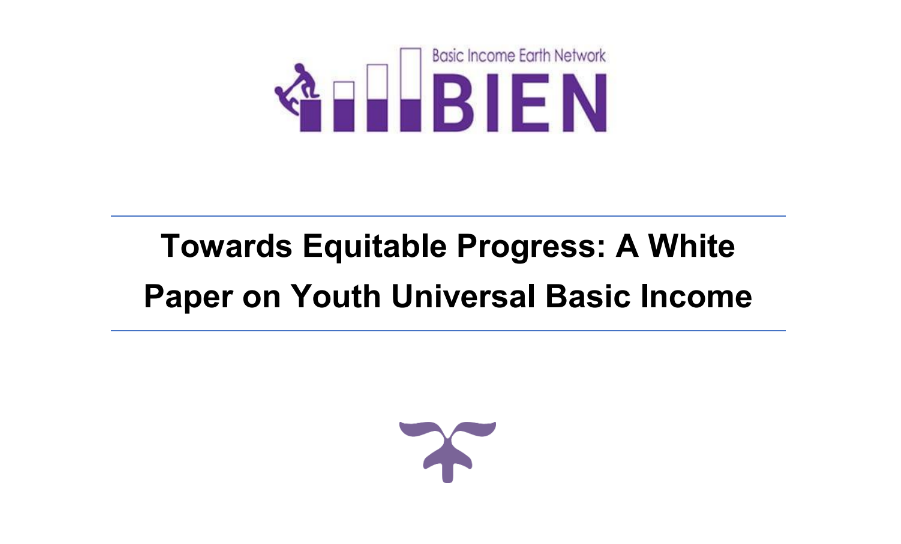In a recent study conducted examining attitudes among Chinese youth towards basic income, notable findings emerged, highlighting both a lack of comprehensive understanding and a positive disposition towards the concept.
The study, conducted through a questionnaire by BIEN student interns in China, focused on Chinese youth’s awareness and perceptions of basic income, a topic gaining relevance amidst economic challenges in China. With the country experiencing a slowdown in its rapid economic growth, phenomena such as “inward curling” and “lying flat” have emerged, indicative of the pressures faced by young people.
Basic income, a program offering financial support without conditions, is posited as a solution to alleviate these pressures, providing individuals with the dignity of survival and the power of choice.
Key findings from the survey reveal that while Chinese youth are enthusiastic and hold a positive attitude towards basic income, their understanding is limited. Nearly half of the respondents lacked a fundamental grasp of the concept and many held misconceptions about its universal nature. A significant portion believed the amount should vary based on location or personal income, contrary to the principle of universality inherent in basic income.
Despite these gaps in understanding, the overall response from Chinese youth was optimistic, reflecting a societal inclination towards fairness and the belief in basic income as a beneficial social program.
These insights suggest a need for further education and awareness-raising efforts, perhaps spearheaded by organizations like the Basic Income Earth Network (BIEN), to enhance understanding and support for basic income among China’s youth. Such efforts could play a crucial role in addressing the challenges faced by this demographic and in shaping the future of social welfare programs in China.
The full details and analysis of this study can be found in the original research found here.
Written by: Shengjia Qin & Rui Liang
Edited by: Tyler Prochazka
Mentor: Tim Lu


